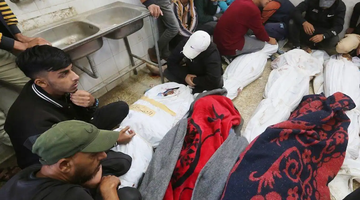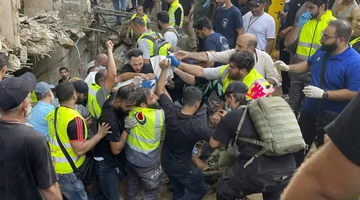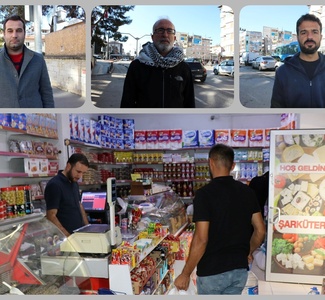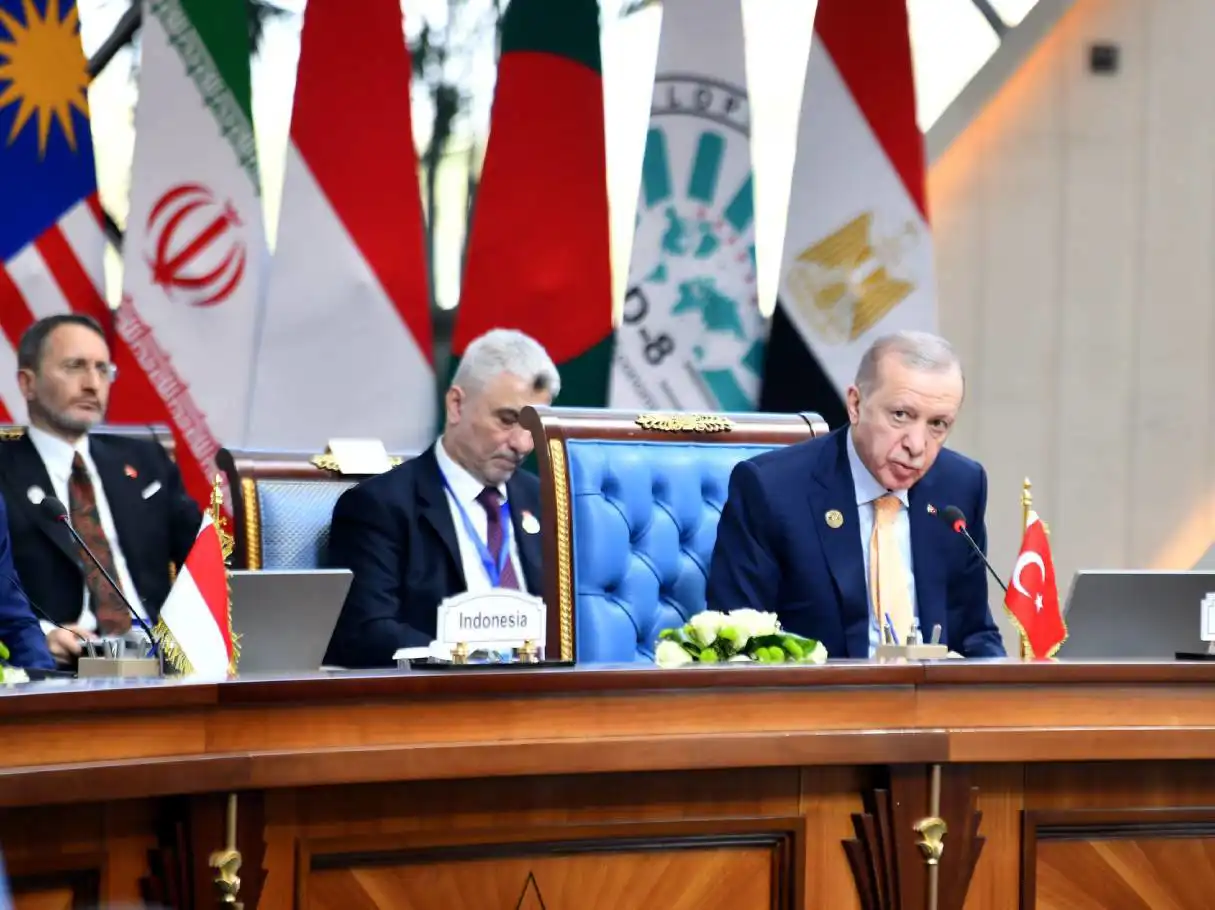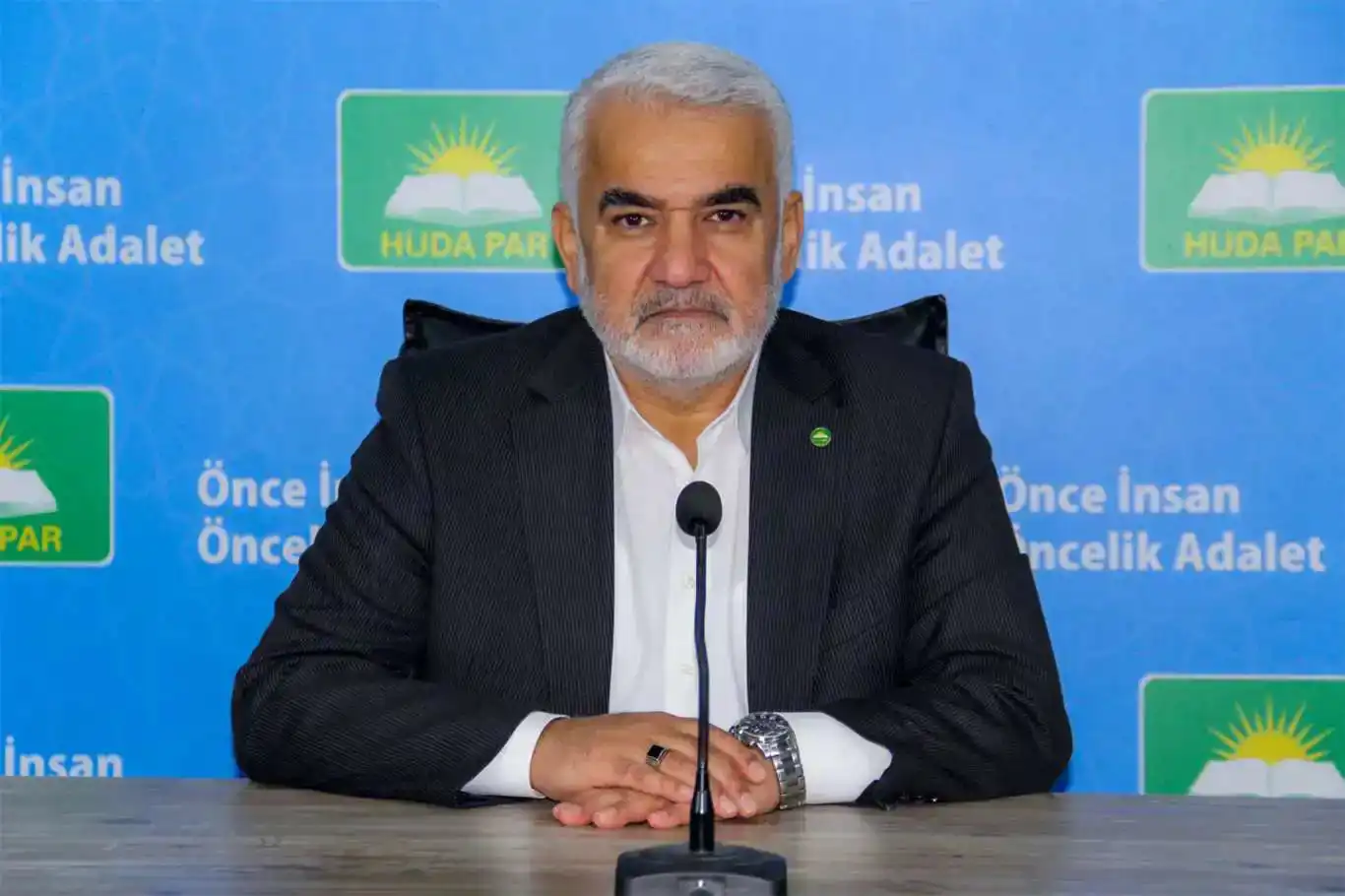WFP warns Gaza hunger crisis nears famine as winter approaches
The United Nations World Food Programme (WFP) has issued an urgent appeal for action as hunger levels in the Gaza Strip continue to soar, warning of a potential escalation to famine if immediate measures aren’t taken.
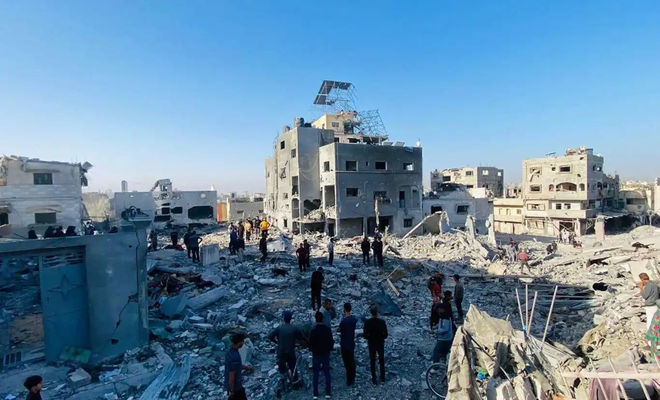
 Google News'te Doğruhaber'e abone olun.
Google News'te Doğruhaber'e abone olun. As winter nears, the WFP has highlighted the dire need for food and essential humanitarian supplies in Gaza, where the ongoing conflict has severely limited access to vital resources.
In its statement, the WFP cited an Integrated Food Security Phase Classification (IPC) report from earlier this month that forecasted severe food insecurity for over 90% of Gaza's population by November. According to the report, a significant portion of the population is expected to fall into an “emergency phase” of need, with others at “catastrophic” levels of food insecurity. With conditions worsening in northern Gaza, WFP fears that the risk of famine will continue to grow unless swift improvements are made.
The crisis is further compounded by restricted humanitarian aid access. In October, only 5,000 metric tons of food—equivalent to 20% of the minimum required assistance—were allowed into Gaza, which falls far short of what is needed to support the 1.1 million people relying on WFP’s critical aid. The organization has raised concerns over the widespread collapse of Gaza’s food systems due to the destruction of croplands, factories, and commercial infrastructure, leaving markets nearly empty and commercial supply channels disrupted.
Currently, WFP has around 94,000 metric tons of food ready for Gaza, with 46,596 metric tons stationed in Ashdod port, Egypt, and Jordan. This supply, enough to sustain 1 million people for four months, can be deployed if secure and accessible border crossings are established. However, WFP emphasizes the necessity of more open and secure crossing points to facilitate the delivery of this assistance.
Adding to its concerns, WFP expressed dismay over a recent Israeli Knesset law that may impede the UN Relief and Works Agency for Palestine Refugees in the Near East (UNRWA) from operating in Gaza and the West Bank. According to the WFP, UNRWA’s services are essential for a coordinated humanitarian response in Gaza.
To address these growing needs, the WFP calls for a comprehensive approach to resolve the humanitarian crisis, underscoring the importance of open and functional entry points into Gaza to facilitate food and aid distribution. (ILKHA)




























